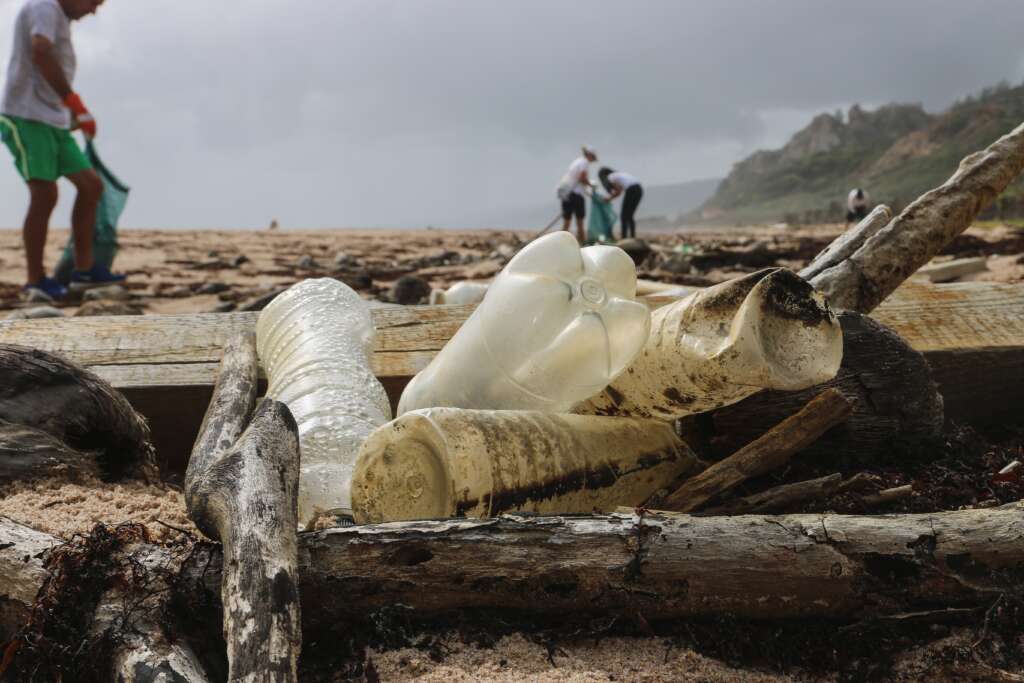Ahead of World Environment Day, 5 June, Global Action Plan is highlighting important steps being taken to end plastic pollution.
At Global Action Plan we focus on behaviour change as a crucial part of environmental protection measures. And we are driven by the conviction that policy and societal changes require changes in people’s behaviour patterns and consumption habits.
And that is why we are calling for this approach to be brought to bear on the scourge of global plastic pollution.
Whether in the deep sea, in the air or in the soil, microplastics can now be found everywhere in nature, as a consequence of the enormous worldwide consumption and production of plastic.
Every day, plastic waste weighing the equivalent of 4,100 elephants ends up in the sea.
Each year, the world produces more than 430 million tonnes of plastic, and the vast majority of it is used for short-lived products. That simply has to change.
And there is hope. Last week, UN member states meeting in Paris agreed to begin drafting a treaty to end plastic pollution, stressing the need to limit production. A first version of the treaty is expected by November this year.
A recent report by the UN Environment Programme (UNEP) suggested that the world can address the causes of plastic pollution by moving away from the ‘throwaway economy’ to a ‘reuse society’: ensuring that reusing plastic products makes more economic sense than throwing them away. UNEP is also calling for changes in regulation, to help accelerate the recycling of plastics and promote sustainable alternatives to plastic. These measures could reduce global plastic pollution by 80% by 2040.

Global Action Plan is part of an international movement committed to systemic change and reducing plastic pollution. Through its educational programmes the organisation aims to empower people to make sustainable lifestyle choices and to contribute to the shifts in consumer demand and regulatory frameworks the UN is calling for.
On World Environment Day, we join the international call for urgent action, and we invite everyone in Ireland to try and become part of the solution.
There are many things we all can do to reduce plastic use, ranging from cooking using raw ingredients – it cuts down on packaging – to bringing your own water bottle or coffee cups, buying from shops that avoid packaging, or even just opting for tea bags that don’t contain plastic. But most importantly, share your experiences of avoiding plastic with others, to raise awareness and help build the movement of people who don’t want to continue to be part of the pollution problem.

